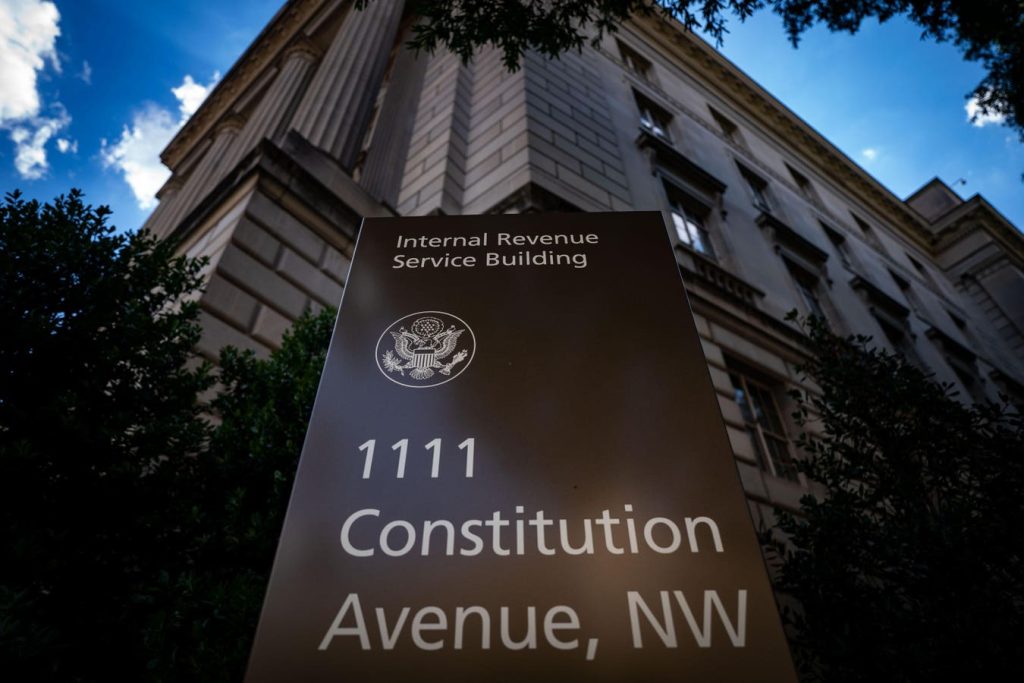Not filing the IRS Form 706 Estate (and Generation-Skipping Transfer) Tax Return for a surviving spouse is not only bad practice but could also be seen as malpractice in the tax community. Several private letter rulings have been issued by the IRS to taxpayers requesting to file late IRS Form 706 to elect portability due to bad advice from their tax professionals. Portability, introduced as part of the Tax Relief, Unemployment Reauthorization, and Job Creation Act of 2010, allows a surviving spouse to claim their deceased spouse’s unused estate tax exclusion amount, potentially saving on estate taxes.
While some tax professionals may advise against filing Form 706 for portability due to the belief that no estate tax is due or that the client is nowhere near the exemption amount, they may be overlooking the potential impact of the Tax Cuts and Jobs Act sunsetting on Jan. 1, 2026. The current gift, estate, and generation-skipping transfer tax exemption amounts are all at an all-time high due to inflationary adjustments and could be cut in half if the TCJA is not extended or made permanent. This means that advising a client not to file Form 706 could be a shortsighted decision unless their net worth following their spouse’s death will never exceed half the current exemption amount.
Despite the issuance of Rev. Proc. 2022-32 extending the time for the surviving spouse to file Form 706, some tax professionals are still advising against it. Unless the tax professional can guarantee that the surviving spouse will never need the deceased spouse’s unused exemption amount in the future, it may be prudent to recommend filing Form 706 for portability. If the surviving spouse chooses not to do so, at least the tax professional has advised correctly based on the available evidence. With the potential sunset of the TCJA and the subsequent decrease in exemption amounts in 2026, it is crucial to make informed decisions regarding estate tax planning to protect assets for future generations.


